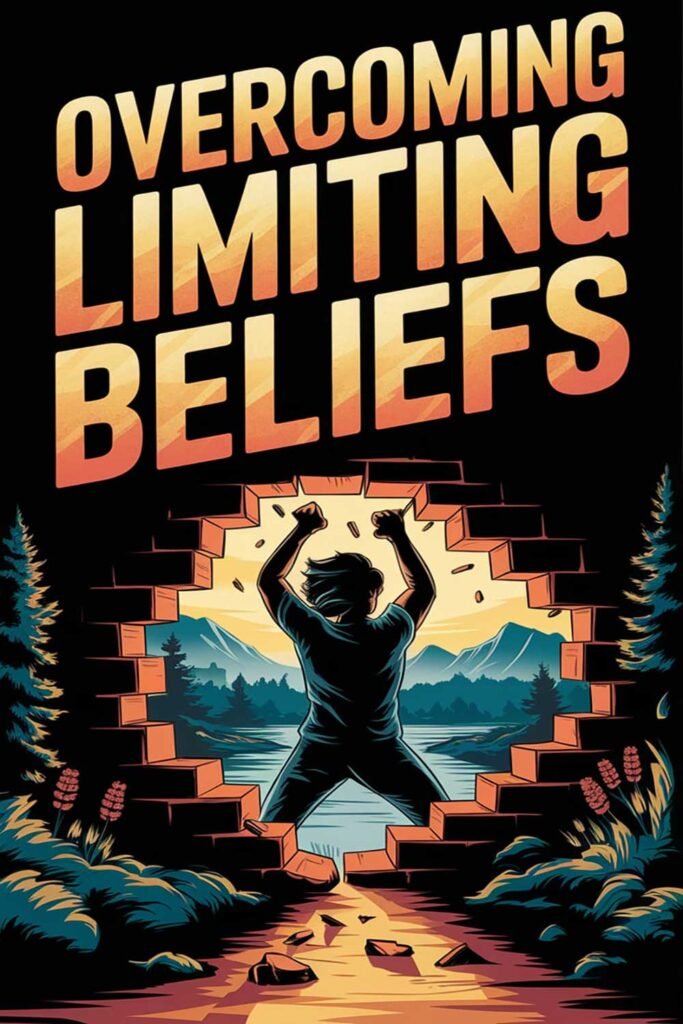How Journaling Can Help You Create a Stress-Free Life
In a busy, fast-paced world filled with endless responsibilities and distractions, it’s easy to feel overwhelmed.
But tucked inside a simple notebook lies one of the most powerful — and overlooked — tools for cultivating peace, clarity, and balance: journaling.

Journaling is more than just writing down your thoughts — it’s a proven method for processing emotions, reducing stress, and creating a calmer, more intentional life.
In this article, you’ll discover how journaling can help you live stress-free, real-life examples of people transforming their lives through the written word, and easy tips to start your own calming journaling practice today.
Why Journaling Reduces Stress
Science shows that journaling:
- Lowers cortisol (stress hormone) levels
- Improves mood and emotional regulation
- Enhances clarity and decision-making
- Boosts self-awareness and resilience
- Helps you let go of rumination and overthinking
Writing allows you to clear mental clutter and create emotional spaciousness — a sanctuary in a chaotic world.
1. Journaling Provides a Safe Space for Your Emotions
Life brings a storm of feelings — joy, anger, grief, confusion.
Journaling lets you express them safely without judgment.
Benefits:
- Release bottled-up emotions
- Process experiences more deeply
- Understand yourself with greater compassion
Real-Life Example:
Sophia journaled daily after her breakup. Writing freely helped her process heartbreak without bottling it up — and she healed faster and with more self-love.
2. Journaling Clarifies Your Thoughts and Priorities
When you’re stressed, your mind feels tangled.
Writing untangles the knots.
Through journaling, you can:
- Identify what’s truly bothering you
- Sort out priorities from distractions
- See patterns you might otherwise miss
Real-Life Example:
David used journaling during a career change. It helped him realize he wasn’t just stressed — he was craving more purpose, leading him to a more fulfilling path.
3. Journaling Helps You Let Go of Overthinking
When worries swirl endlessly in your mind, journaling captures them on paper — shrinking their power.
Tips:
- Do a “brain dump” — write everything you’re thinking without editing
- Set a timer for 5–10 minutes
- Notice how much lighter you feel afterward
Real-Life Example:
Jessica used journaling during bouts of anxiety. Writing down worst-case scenarios often made them seem less scary — and showed her how much strength she already had.
4. Journaling Strengthens Gratitude and Positivity
Gratitude journaling rewires your brain to focus on abundance instead of scarcity.
Practice:
- List 3–5 things you’re grateful for each day
- Reflect on simple joys and moments of beauty
- Watch how your perspective shifts over time
Real-Life Example:
Tom’s simple habit of jotting three gratitudes each night transformed his outlook, helping him find happiness even during stressful seasons.
5. Journaling Sparks Problem-Solving and Creativity
When you write freely, unexpected insights often emerge.
Use journaling to:
- Explore solutions to challenges
- Brainstorm ideas
- Tap into your inner wisdom
Real-Life Example:
Laura used journaling to navigate a difficult move to a new city. Through writing, she discovered creative ways to build community and make her new home feel like hers.
How to Start a Stress-Relieving Journaling Practice
You don’t need fancy notebooks or perfect grammar. You just need a willingness to be honest and consistent.
Simple steps:
- Set a timer: Start with 5–10 minutes.
- Pick a prompt (or don’t): Some days you may want a question to spark reflection; other days you might free-write.
- Write without judgment: No editing, no worrying about making sense.
- Make it a ritual: Pair it with coffee, tea, or bedtime routines.
Popular prompts:
- “Today, I am feeling…”
- “Right now, what I need most is…”
- “Three things I am grateful for are…”
- “One small thing I can do today to care for myself is…”
20 Inspirational Quotes About Journaling and Living Stress-Free
1. “Journal writing is a voyage to the interior.” — Christina Baldwin
2. “Write what disturbs you, what you fear, what you have not been willing to speak about.” — Natalie Goldberg
3. “Fill your paper with the breathings of your heart.” — William Wordsworth
4. “Writing is medicine. It is an appropriate antidote to injury.” — Julia Cameron
5. “Journaling is like whispering to oneself and listening at the same time.”
6. “In the journal, I do not just express myself more openly than I could do to any person; I create myself.” — Susan Sontag
7. “The best time to begin keeping a journal is whenever you decide to.”
8. “The pages of your journal are a safe space to land when the world feels too heavy.”
9. “Through journaling, we learn to listen to ourselves.”
10. “A journal is a mirror that reflects the soul.”
11. “Stress finds fewer cracks to seep into when you make time to pour it onto paper.”
12. “Your journal is your personal therapist — always available, never judging.”
13. “Journaling is the act of noticing yourself — and loving what you find.”
14. “Words on a page become bridges to a calmer mind.”
15. “Write hard and clear about what hurts.” — Ernest Hemingway
16. “Let your journal be a sanctuary for your heart.”
17. “Sometimes the answers we seek reveal themselves only when the pen touches the page.”
18. “Journaling transforms chaos into clarity.”
19. “The simple act of writing can turn confusion into understanding.”
20. “Your mind is like water. When agitated, it’s hard to see. When settled, the answer becomes clear.”
Picture This
Imagine sitting quietly with a notebook, the weight of the day slipping from your shoulders as your pen moves freely across the page.
You pour out your thoughts, fears, dreams, and gratitudes without judgment.
As you close your journal, you feel lighter, calmer, clearer.
The noise in your mind softens.
You realize that peace doesn’t come from a perfect life — it comes from creating space to feel, process, and heal.
You are no longer overwhelmed by your emotions — you are anchored in your own wisdom, resilience, and calm.
What one small step could you take today to begin a journaling practice and create your own stress-free sanctuary?
Share This Article
If this article inspired you, please share it with someone you know who could benefit from the healing power of journaling.
Together, let’s create a world where words heal, hearts grow stronger, and peace becomes a daily practice.
Disclaimer
This article is for informational purposes only and is based on personal experiences and insights. It is not intended to replace professional advice. Always consult with a healthcare professional before making any major lifestyle changes or decisions regarding your mental, emotional, or physical health. Results may vary.






